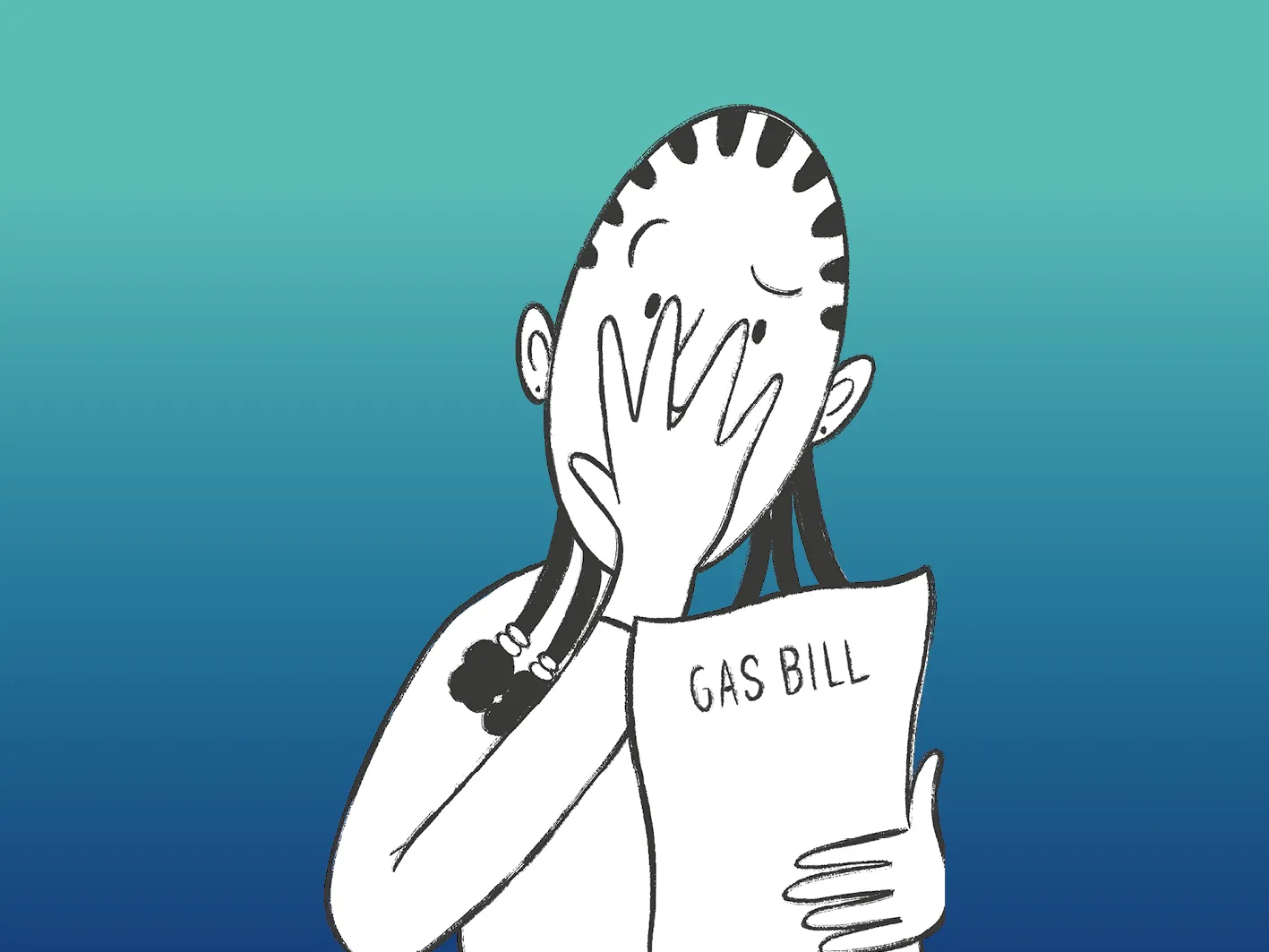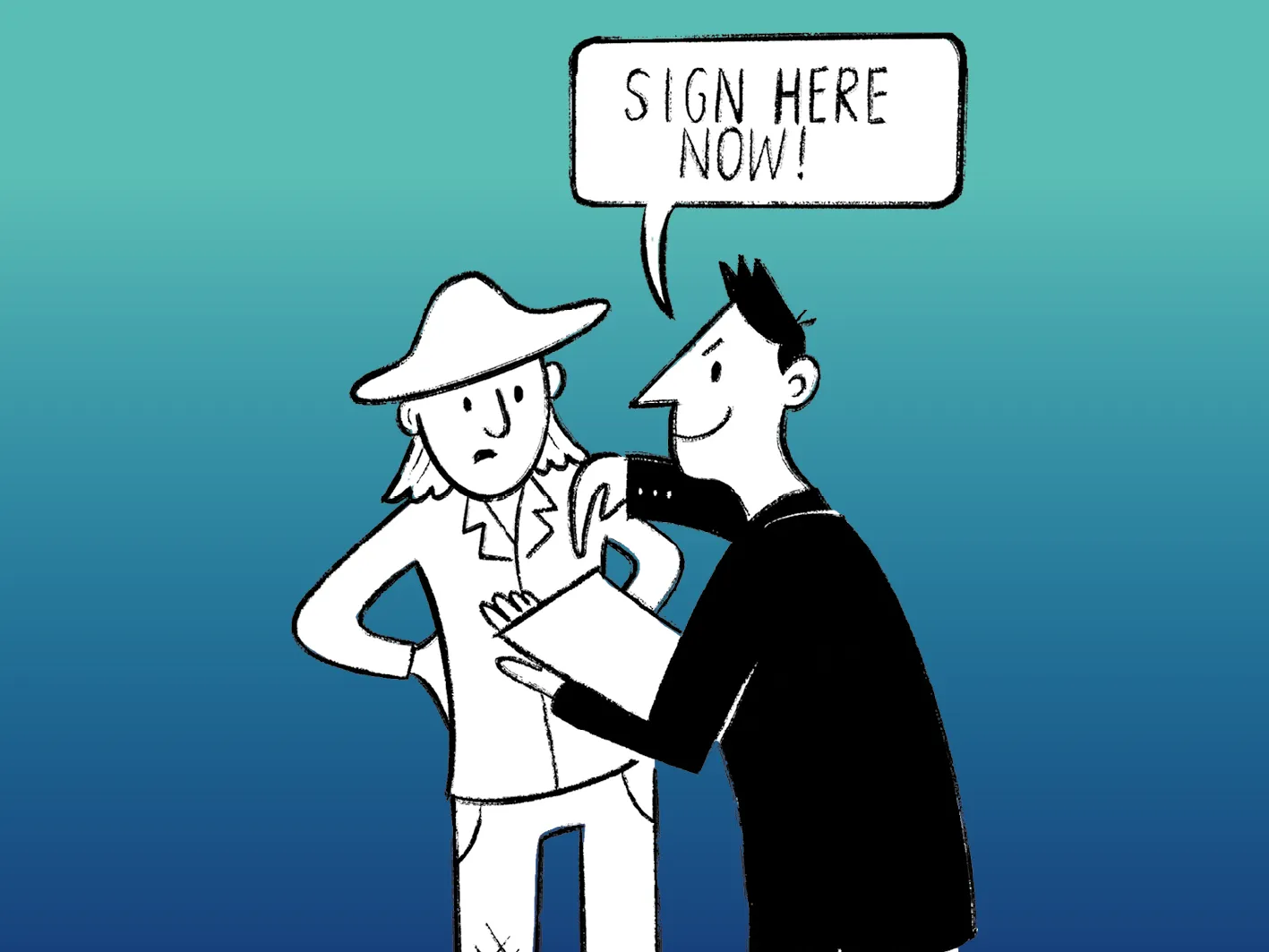When the law meets your money
We can all experience problems with things like unpaid or incorrect fines, debt and scams.

We can all experience problems with things like unpaid or incorrect fines, debt and scams.

Issues with money can be legal problems, even when we don't think of them as legal. See below some common legal issues with money and where you can go for help.
Life can be expensive and sometimes it can be a struggle to keep up with the numerous payments. Debt isn’t necessarily a bad thing, but it’s important that it’s not out of control or overwhelming you.
The most important thing is to speak up to your creditors, seek professional advice, and talk about your issues if you’re worried about debt.
As a debtor, it’s important to know your legal rights when dealing with debt. If you are not being treated fairly, being discriminated against, are having your privacy violated or want to question the debt, it’s important to seek legal help.
In our digital age, scams are more common than ever. Hundreds of thousands of Australians are scammed out of their money or personal information every year. Business and individuals can be targeted, so it’s important to know how to protect yourself.
Make sure to act fast if you think you have been scammed. This includes informing your bank or card provider and contacting IDCARE, the national identity and cyber support service. It is also important to report the scam to Scamwatch and warn the people around you so they are not also scammed.
Fines are one of the most common financial issues for people from all walks of life. There are many fines you may be handed, including with public transport, police, traffic and tolls, as well as court and election fines. You can challenge your fine in the Magistrate’s Court if you think you have been fined incorrectly. Otherwise, seek financial counselling to help you with your fine.
The law is different for people under 18. If you are under 18, you can get free legal advice from Youthlaw or Victoria Legal Aid. There is a good chance you can have your fine reduced or avoid paying your fine.
If you or a person you know may be experiencing a legal problem, help is available. Getting started can be difficult, but here’s some small steps to begin.
There are dedicated legal assistance services for TARGET if they are eligible.
Consumer Action Law Centre gives free legal advice and representation to vulnerable and disadvantaged consumers, including those that struggle with debt, across Victoria.
The National Debt Help website has step-by-step guides on how to tackle common debt problems.
The Scamwatch website has up-to-date information about scams and how to get help if you have been impacted by a scam.
Money Smart can provide free and confidential financial counselling. They can provide advice on debt, scams, and bills.
Moonee Valley Legal Service and RMIT have created FineFixer, an online tool that offers a free and fast way for people with fines to identify and understand their options.
The Fines Victoria website has information to help you decide what to do after you get a fine. You can ask them for a payment arrangement, or to conduct an enforcement review.
You can find legal information and may be eligible for free legal advice from Victoria Legal Aid or from your local community legal centre
Otherwise, you can seek help from a private lawyer using the Find Your Lawyer Referral Service. All law firms included in the service provide a free 30-minute interview.
We can all experience problems with things like faulty products, poor service or knowing where to complain with an issue.

Guides, videos, fact sheets, links and case studies to enhance your understanding of law and civic engagement.